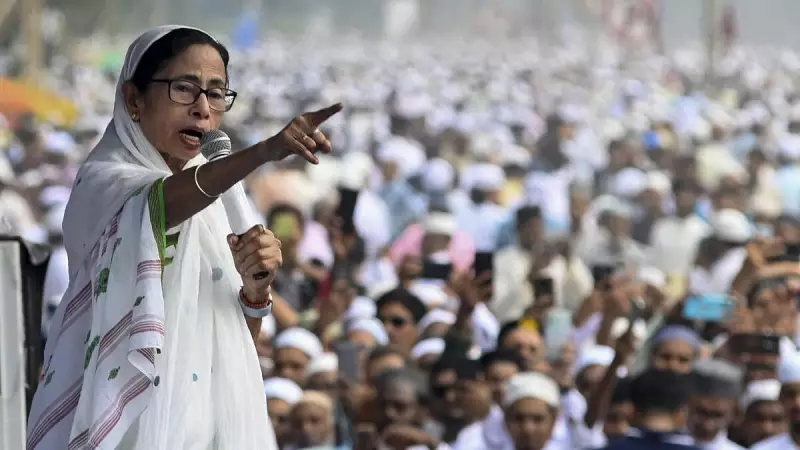
In a powerful display of political opposition, West Bengal Chief Minister Mamata Banerjee on Thursday led a massive Trinamool Congress rally through the heart of Kolkata, launching a scathing attack on the central government over what she termed as "financial injustice" towards the state.
The protest march, which saw participation from thousands of TMC supporters and senior party leaders, commenced from Ambedkar's statue and culminated at the BR Ambedkar statue, creating significant political buzz in the city.
Financial Dues Take Center Stage
Addressing the gathered crowd, Banerjee delivered an impassioned speech highlighting the state's longstanding demand for the release of outstanding funds from the Centre. "The central government owes West Bengal approximately ₹1.18 lakh crore in various dues," the Chief Minister asserted, detailing how these withheld funds are affecting the state's development projects and welfare schemes.
Political Show of Strength
The rally served as a significant demonstration of TMC's organizational strength and public support ahead of upcoming political battles. Senior party figures including Firhad Hakim and Aroop Biswas marched alongside Banerjee, with supporters waving party flags and chanting slogans against the central government's policies.
Banerjee didn't mince words in her criticism, accusing the Centre of using financial pressure as a tool to undermine opposition-ruled states. "This is not just about West Bengal - this is about the federal structure of our country," she emphasized during her address.
Broader Political Implications
The protest comes at a crucial juncture in Indian politics, with Banerjee positioning herself as a key figure in the opposition's challenge to the ruling dispensation. The rally's timing and scale send a clear message about TMC's readiness to confront the Centre on financial and constitutional matters.
As the political temperature rises in West Bengal, all eyes remain on how this confrontation over financial resources will play out in the coming months, with potential implications for both state governance and national politics.






